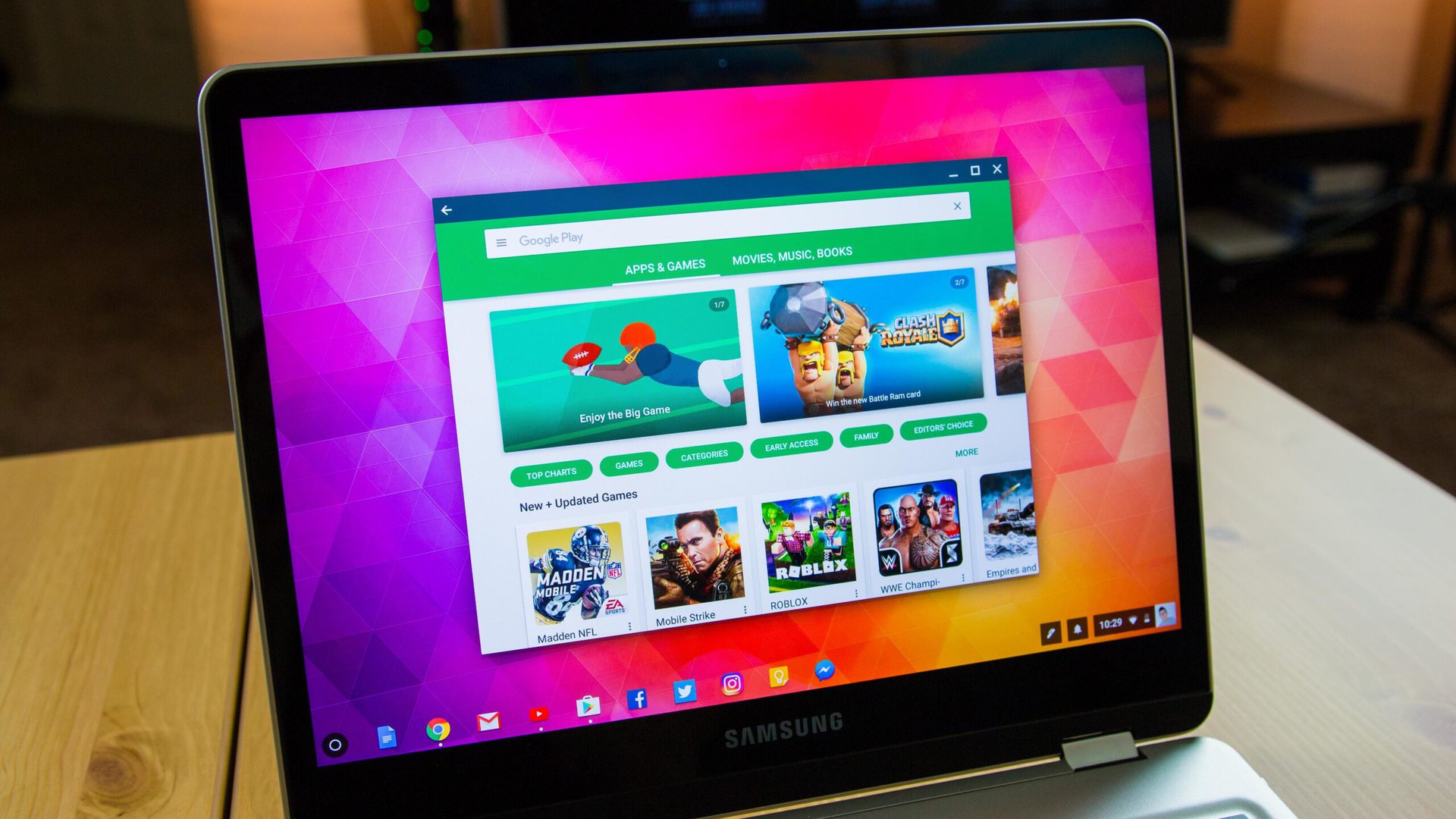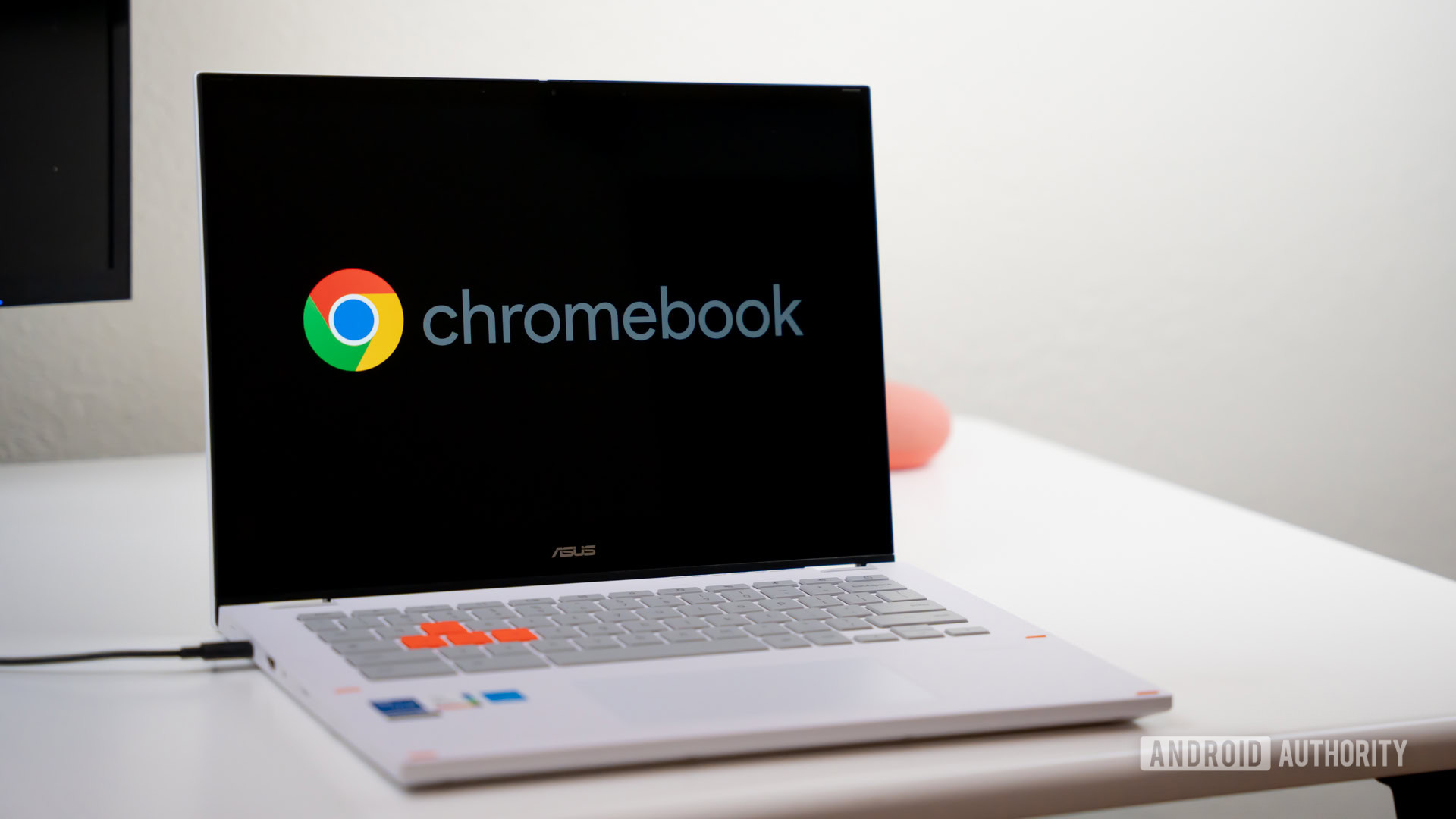Affiliate links on Android Authority may earn us a commission. Learn more.
Chromebooks may get some Android O features before they show up on phones

One year ago at Google I/O 2016, the company announced that it would soon allow Chrome OS and Chromebooks to run Android apps from the Google Play Store. At the time the company said that this support would be available in the fall of 2016. Since then, this feature has been very slow to roll out. Today, as part of the 2017 Google I/O conference, the company offered an update on those plans, and had some surprising news that relates to Android O as well.

As we have reported before, Google currently only has six Chrome OS devices that can download and run Android apps on the stable version of the OS. In a story on The Verge, Kan Liu, the senior director of product management at Google for Chrome OS, stated that support for running Android apps in Chrome OS is still considered to be in a beta state. He added that at the moment, Chrome OS is “80 percent” ready for Android apps, at least for most users. The question is how long it will take to get that last 20 percent finished before Android app support ditches the beta label. At the moment, there’s no word on when exactly that will happen.
However, Liu did mention something that might excite Chromebook owners. Because Chrome OS launches new stable builds every six weeks or so, that means features that are in development for Android on phones may show up on Chromebooks first, due to Android having longer update cycles. Liu specifically mentioned the Android O app improvements in keyboard shortcuts will begin working on apps first on Chromebooks before they show up on smartphones.
The upcoming Samsung Chromebook Pro is now available for pre-order and is supposed to start shipping on May 28. Liu says it will be the first Chromebook to add a number of Android app features, including window resizing, docking apps to the side of the screen, and split-view. While all of this this sounds good, the truth is that Google over-promised somewhat in 2016 with its Android-Chromebooks plans. Hopefully, we will see more progress on this front in the next year.